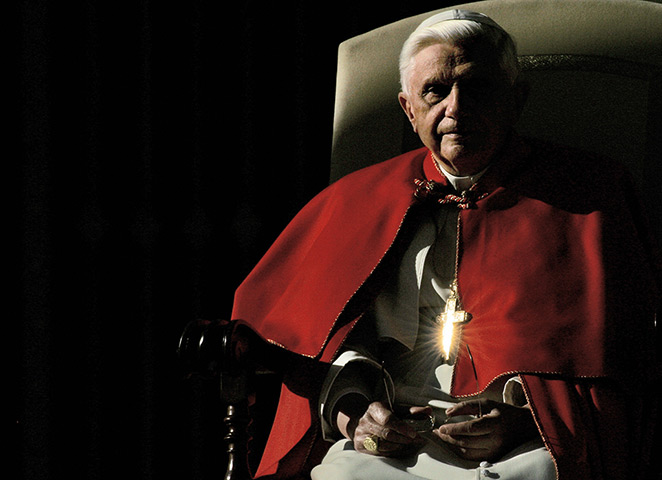
“Late ka na naman?!”
We all had our fair share of these words from our boss.
After all, who has never been late in coming to work or to an engagement? You
might laugh it off, but being late is a serious problem companies and even the
government is trying to curb. In the United Kingdom alone, a study showed that the British economy loses at least £9 billion annually because of tardiness. Imagine how
the same problem could affect our own economy.
We all have our reasons for being tardy; from the
conventional such as sleeping late at night or getting stuck in daily traffic
jams, to the complex or somewhat silly such as chronic insomnia or a multitude
of rituals while getting ready for work. But regardless of the reasons,
tardiness is not a habit we should develop nor tolerate. Because if we did, we
just might experience these six emotional stages chronically tardy people
usually go through.
THE SIX DEGREES OF
TARDINESS
SHAME. We all
felt this initially—the embarrassment of logging in beyond your schedule and
seeing numerous sets of fiery eyes looking at you. You want to vanish at that
very moment. You just hope your boss or your office crush isn’t one of those
fiery sets of eyes.
JUSTIFICATION. “Okay lang yan! Wala naman si boss,” a
co-worker might say the second time you become late. Somehow, it emboldens you
to be late some more as long as the boss is
not around. For teachers, “Wala naman
akong first class” is a classic way of justifying tardiness. “Wala pa
namang teacher eh,” is a common justification students use. You might even argue that you have the right to be late if the boss does it too. It’s basically
about dismissing the gravity of your tardiness.
EXCUSE. When
being tardy has progressed for consecutive days, this comes in. On your way to work,
you think of the perfect story to tell your boss: something legit and any
professional would buy. “Na-flat yung
gulong ng sinasakyan kong van eh.” You might also think of implicating
friends or co-workers in your charade, like having them call you and pose as a
relative to explain a false circumstance
that made you late.
BLAMING. Soon,
tardiness becomes habitual; by now, there isn’t a week wherein you don’t have a
late time-in in your daily time record. You begin to curse the fates; you point
your middle finger on the government and their seemingly endless string of road works.
You want to mutilate the van driver for stopping by the gas station on the last
minute. You want to pound your alarm clock with a hammer for not ringing on the
right time. You want to slash your wrists for being a deep sleeper, a nocturnal
Facebooker, and a habitually late worker.
INDIFFERENCE. With
so many violations incurred and numerous amounts of deducted from your pay, you wouldn't care any longer. You've been late from Monday to Thursday, so why be
early on Friday? So what if you boss catches you? So what if you get another
memo? So what if they fire me? All you care about is to get out of this shit
hole you got yourself into, hoping for a clean slate.
DESPAIR. Finally,
when the ax falls down on your head, you realize the gravity of your mistakes
and plead for second chances. But there won’t be anymore; you've had your
second, third, innumerable chances days even months before but you never
willingly made an effort to change your ways. So when the HR hands you your
last pay (you’re lucky if you have) and tells you to pack up your things,
there’s nothing else you can do but abide. And the same set of eyes that were
looking at you on the first day you arrived late are looking at you again, this
time looking with disgust, if not with pity.
While workplaces can definitely adjust in order to provide
some recourse to tardiness (such as allowing staggered work schedules), it will
still be a problem if such adjustments were abused. If there’s an opportunity
for one to get away with it, then people will definitely try to get away with
it.
We can avoid getting caught up to these six degrees of
tardiness. No one has to be infected with this chronic workplace disease if
only we are aware of the value of our work and workplace. Having a sense of
urgency (that is, the sense of necessity
in doing a certain task or responsibility at a given time) and the will to
act with such sense are keys to
beating this malignant ailment. After all, it’s not just our jobs and lives
that is at stake here, but also the jobs and lives of others we serve with.
So, are you still
going to be late? TSS
-----
“I have noticed that the people who are late are
often so much jollier than the people who have to wait for them.” ~ E. V. Lucas (English Writer, 1868-1938)
Photos courtesy of MNN.com and BusinessNewsDaily.com



